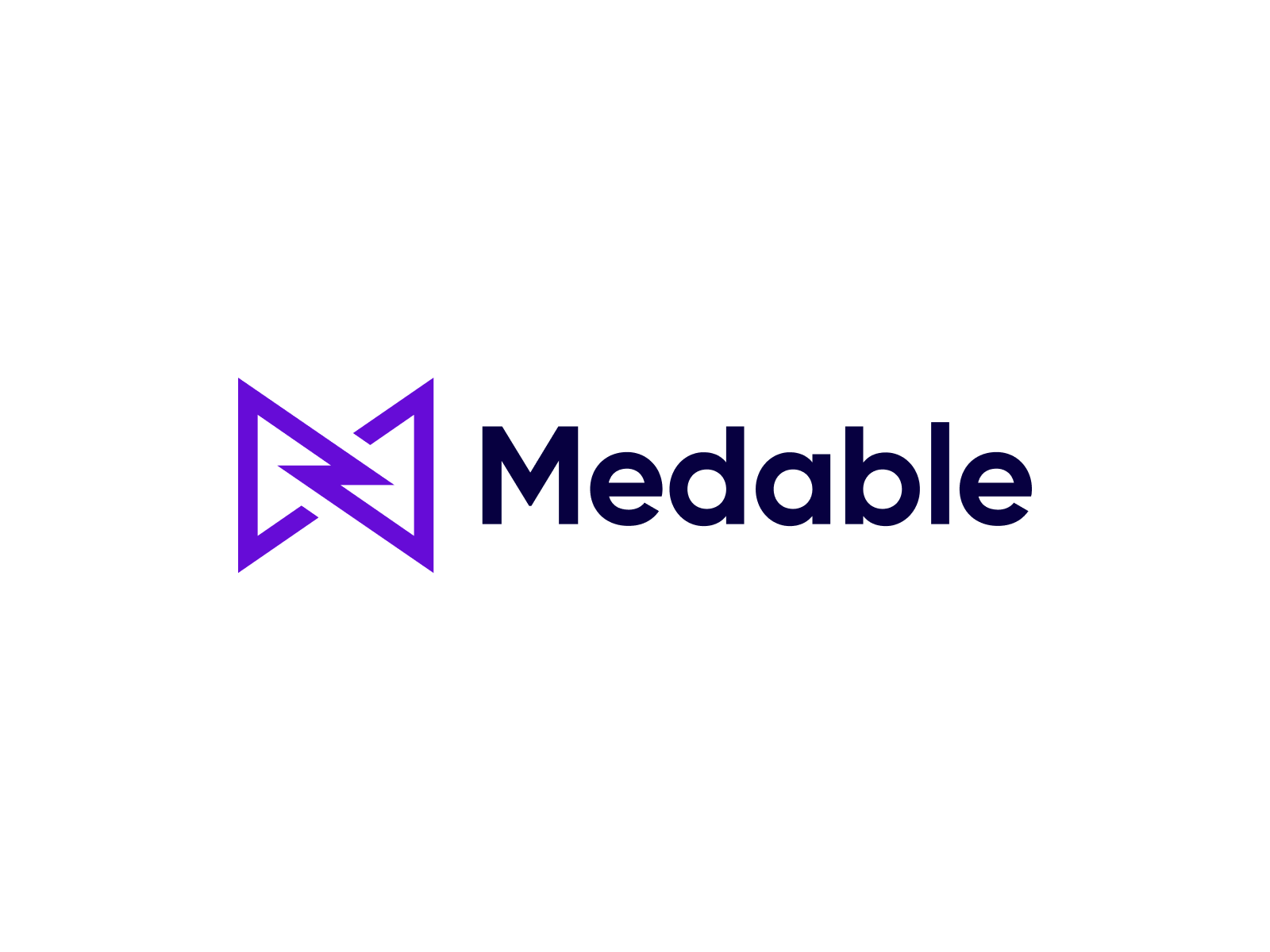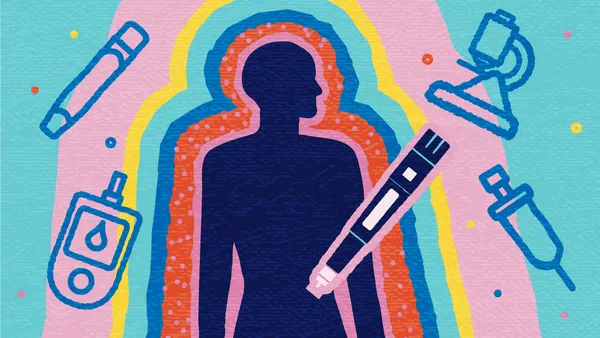Pharma Trax Sales, marketing, And R&D Trends affecting the healthcare industry Rising Drug Expenditures Spur Rx-to-OTC Switches Rising prescription drug spending in both the United States and Europe is prompting an increase in the change of drugs from prescription to over-the-counter (OTC) status, according to an analysis recently completed by the Tufts Center for the Study of Drug Development. While Europe has experienced more than four times as many Rx-to-OTC switches between 1983 and 2002 than in the United States, the push for such switches in America is growing. “Pressure to change medications from prescription to over-the-counter status in the United States is increasing, in part, due to an unprecedented move by private and public insurers to force switches as a way to help contain pharmaceutical spending,” says Tufts Center Director Kenneth I. Kaitin. A change in status is usually requested by drug makers just before patent expiration. Once a prescription drug switches to over-the-counter status, its price usually drops significantly. During the past 20 years, European regulators have forced a number of drugs from prescription to OTC status. To date, this has not occurred in the United States. The U.S. Food and Drug Administration this year launched a policy that would increase switches in the United States by 50%. In addition, according to the Tufts Center, the FDA is considering expediting the Rx-to-OTC switch process and may expand the number of therapeutic categories that contain switch candidates. Mr. Kaitin notes, however, that mandating Rx-to-OTC switches before patent expiration could impact the pace of drug development, because a switch before a patent expiration would reduce a drug company’s earnings from that product. Sales Rep Restrictions Impact Hospital-Based Promotion More than one-third of physicians and almost two-thirds of pharmacists who participated in Verispan’s latest study, The Changing Hospital Marketplace: Drawing Back the Curtain on Pharmaceutical Promotion, have reported that their hospital has imposed restrictions on sales representative visits. Among respondents whose hospitals established restrictions, many reported that sales reps are now required to register upon entering the hospital, make appointments to call on physicians, and stay within areas designated by the hospital. In addition, some hospitals limit both the number and duration of rep visits. Of the 528 physicians who said their hospital had imposed restrictions, 69% believe those restrictions have decreased their interactions with sales reps. One-fifth of doctors said the quality of their interactions with reps improved once the restrictions were implemented. Among those whose hospitals placed restrictions on rep visits, almost 60% of respondents reported making more drug switches because of the restrictions. The study surveyed 2,000 hospital-based physicians, pharmacists, and pharmacy directors to determine how hospital changes are impacting sales rep techniques and physician prescribing behavior, and what sales reps need to do to better serve them. Patients’ Social Support Key In Influencing Prescription Drug-Related Actions Direct-to-consumer (DTC) pharmaceutical advertising that targets key healthcare “influencers,” such as family members and friends, could better prompt a patient to seek medical advice, request specific prescription brands, and comply with physician instructions, according to a study from NFO Healthcare. The study, Impact of Influencers on Consumer Healthcare Decision Making, reveals that nearly half of the patients surveyed took a drug-related action — whether it was taking a new medication for the first time, switching to a new or different medication, requesting specific medication, or adding another medication — as a result of the influence or involvement of another person. Spouses were found to be the biggest influencers on patients’ drug-related actions. For patients who are not living with a spouse or partner, daughters have the most influence on their healthcare decision-making, followed by other female friends or immediate female family members. The study also shows that patients are more likely to take a drug-related action when the influencer initiates a discussion about the patient’s condition. “As DTC pharmaceutical advertising becomes increasingly cluttered, bringing about substantial change in consumer action has become an even greater challenge,” says Larry Levin, head of the strategic products division at NFO Healthcare. “It’s time for pharmaceutical advertisers to look beyond patients and broaden their target group to incorporate influencers who will actually provoke action.” The study also reveals that patients suffering from depression, migraine headaches, and congestive heart failure have the highest propensity to be influenced by others, while prostate cancer and obesity patients were the least likely to be influenced. The influencer’s effectiveness on patient behavior varies across specific ailments; more than one-third of depression sufferers switched to a different prescription drug based on the influence of others compared with 13% for patients with high cholesterol. The interactive study, conducted in March/April 2003, surveyed 1,800 consumers who indicated that they had spoken to someone other than their doctor about one or more of 12 specified ailments, including high cholesterol, congestive heart failure, depression, diabetes, erectile dysfunction, high blood pressure, insomnia, migraine, osteoarthritis, obesity, osteoporosis, and prostate cancer. Increasing Out-of-Pocket Healthcare Expenses May Harm Public Health Results of a Wall Street Journal Online/Harris Interactive Healthcare Poll reveal that a majority of survey respondents, 54%, said increased out-of-pocket costs would harm the public’s health. More than one-third, 35%, of American adults surveyed responded that increased out-of-pocket costs would influence people to make better decisions about the care they really needed. But nearly twice that number, 64%, responded that this would also cause people to go without healthcare services they needed. Few respondents said increased out-of-pocket costs would have no effect. Responses ranged from 2% saying there would be no effect on increased use of less expensive and generic drugs to 6% saying there would be no effect on reducing unnecessary prescription drugs or causing better healthcare decisions to be made. The online study was conducted between Aug. 21 and 25, 2003, among a nationwide cross section of 2,078 adults, ages 18 years and older. Follow up Harris Interactive, Rochester, N.Y., is a worldwide market research and consulting firm best known for The Harris Poll and for pioneering the Internet method to conduct scientifically accurate market research. For more information, visit harrisinteractive.com. NFO Healthcare, Greenwich, Conn., provides marketing research and strategic counsel services to pharmaceutical companies, healthcare providers, medical-equipment manufacturers, and managed-care and indemnity insurance firms, and is a division of NFO WorldGroup, one of the TNS group of companies. For more information, visit nfow.com. Tufts Center for the Study of Drug Development, Boston, affiliated with Tufts University, provides strategic information to help drug developers, regulators, and policy makers improve the quality and efficiency of pharmaceutical development, review, and use. For more information, visit csdd.tufts.edu. Verispan, Yardley, Pa., a healthcare informatics joint venture of Quintiles Transnational Corp. and McKesson Corp., provides patient-level longitudinal data, with more than 2 billion annual de-identified pharmacy and medical transactions spanning virtually every pharmacy in the country. For more information, visit verispan.com. The Wall Street Journal Online, New York, is published by Dow Jones & Company and covers the business of health for health-industry professionals and features coverage of The Wall Street Journal, breaking health news from Dow Jones Newswires, and exclusive online commentary on the industry. For more information, visit wsj.com. The Public Response to Health Insurance Plans During the next few years it is likely that most health-insurance plans, including government plans such as Medicare and Medicaid, as well as plans provided by employers, will require members to pay substantially more out of pocket for doctors’ and hospitals’ services and prescription drugs. Respondents to a recent survey were asked, if this happens, what would the impact be on the following: Increased use of less expensive and generic drugs 65% 23% 5% 2% 5% Cause people to go without healthcare services 64 23 6 3 4 that they really need Cause people to go without prescription drugs 63 24 6 3 4 that they really need Harm the health of the public 54 27 9 4 6 Reduce the use of more expensive prescription drugs 49 29 10 6 6 Reduce the use of healthcare services that 36 36 14 6 8 are not really necessary Influence people to make better decisions about 35 36 14 6 8 the care they really need, or do not need Reduce the use of prescription drugs that 36 34 16 6 9 are not really necessary Base: 2,078 adults, ages 18 years and older Source: Harris Interactive, Rochester, N.Y., The Wall Street Journal Online, New York. For more information, visit harrisinteractive.com or wsj.com. impact of influencers on consumer healthcare decision-making More than one-half of the spouses of Type 2 diabetes patients tried to ensure their mate took their medication versus 36% for osteoporosis. For 12% of depression sufferers, spouses recommended an increase in their medication, compared with 0% for high cholesterol and high-blood pressure sufferers. Erectile dysfunction sufferers discussed their condition, on average, with 1.5 people, while migraine and Type 2 diabetes sufferers discussed their conditions with nearly six others. Almost three-quarters of obesity sufferers are annoyed when people give unsolicited advice about their condition, versus 23% of migraine sufferers and 32% of insomnia sufferers. Source: NFO Healthcare, Greenwich, Conn. For more information,visit nfow.com. Key findings from the Tufts Center analysis OTC drug sales in Europe account for a larger share of overall drug sales compared with the United States, in part, because of the prevalence of more Rx-to-OTC switches and greater use of homeopathic medicines. Insurers in the United States view switching drugs from Rx to OTC status, which are deemed safe and effective for self-medication, as a way to lower prescription drug spending. After an Rx-to-OTC switch, U.S. insurers tend to remove OTC drugs from their formulary and raise copays for alternative prescription drugs in the same therapeutic category. Source: Tufts Center for the Study of Drug Development, Boston. For more information, visit csdd.tufts.edu. November 2003
An article from


PharmaTrax
Filed Under:
Commercialization










